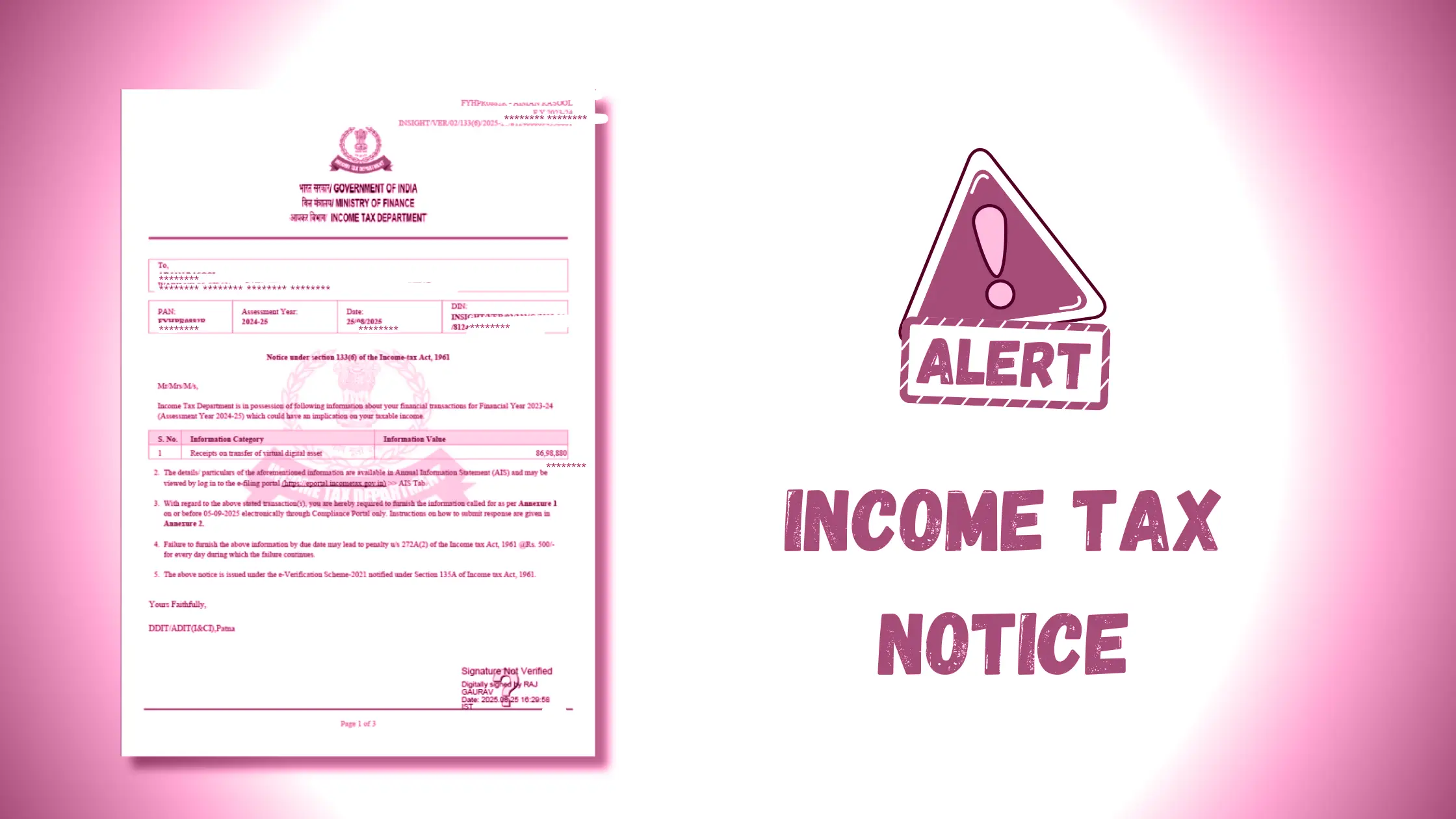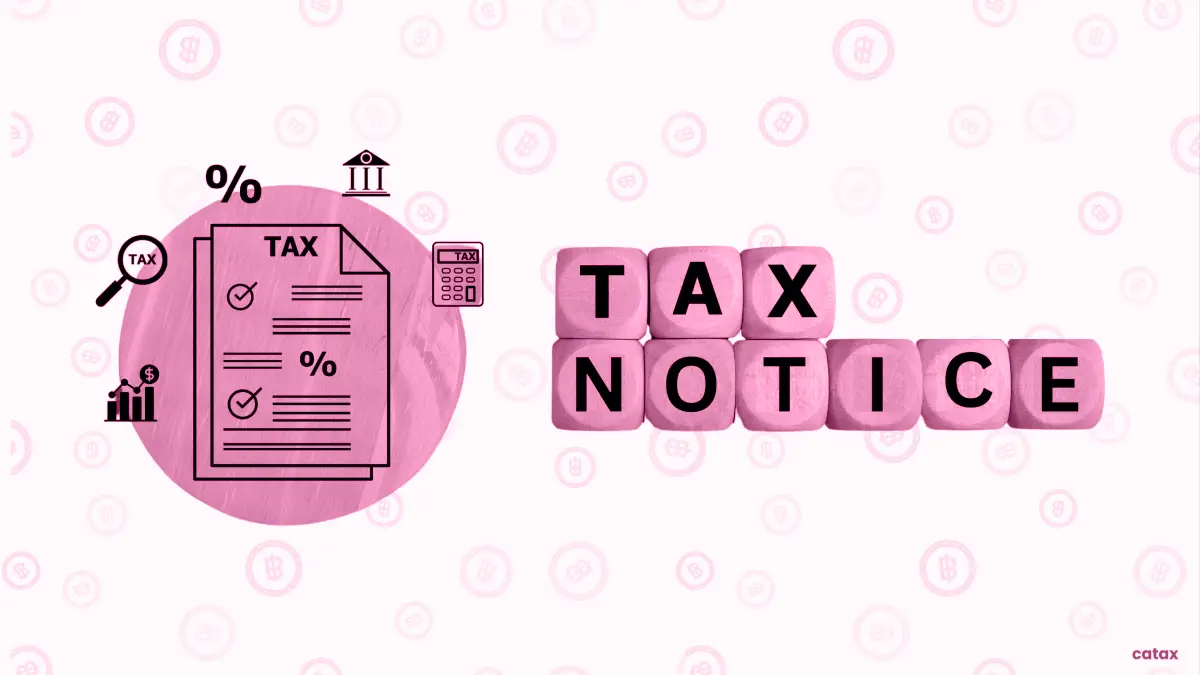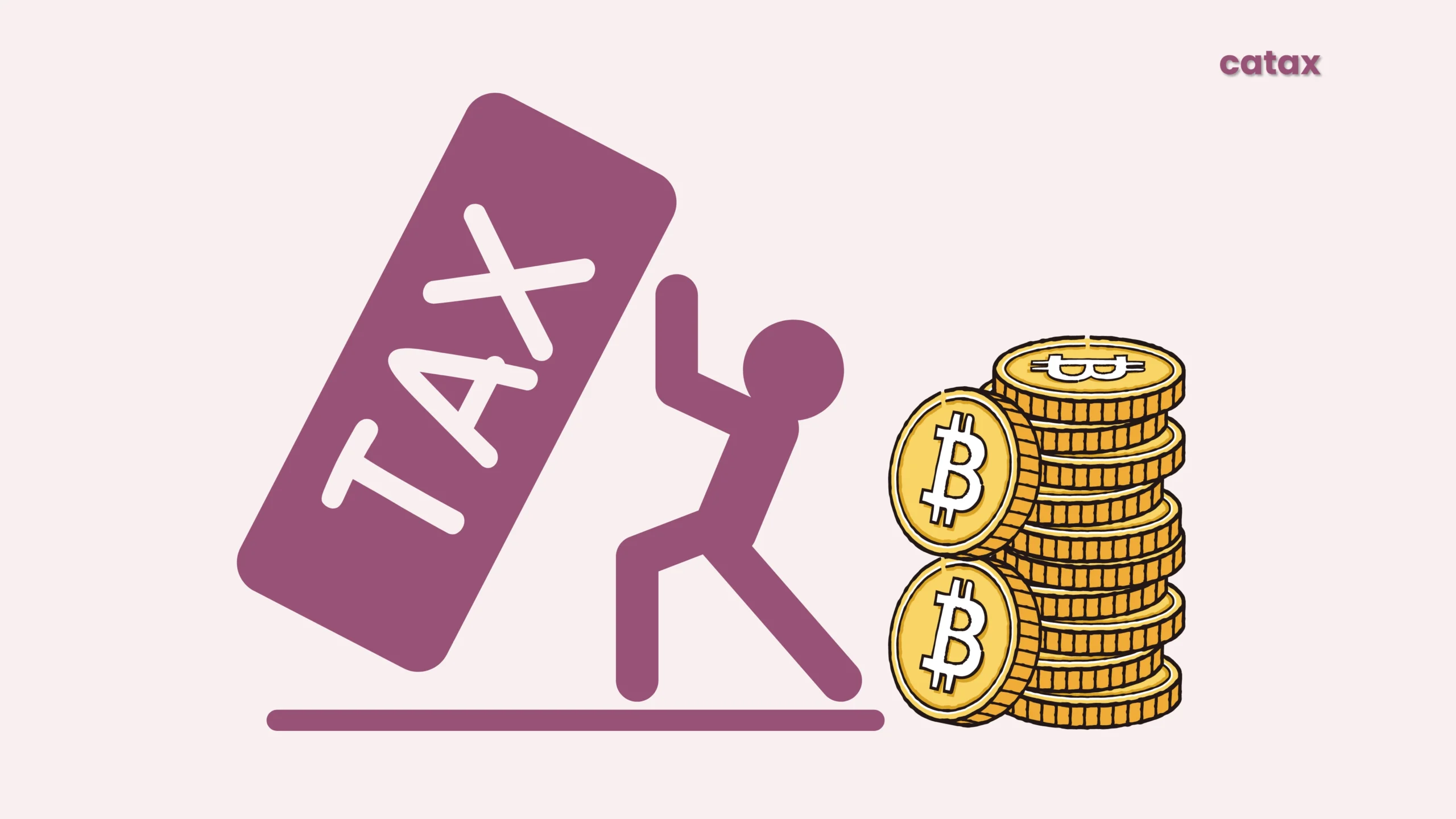In recent years, cryptocurrency has witnessed a growth in interest in India. Many Indians have traded cryptocurrencies like Bitcoin, Ethereum, and others via various exchanges ranging from major exchanges (WazirX, […]
Crypto Taxes in India (2025): The Only Guide You’ll Ever Need
If you’re buying, selling, staking, mining, or even just holding coins like Bitcoin, Ethereum, Solana, or any other, the taxman wants his share. But don’t stress — this simple, friendly […]
Form 1099-DA: 5 critical updates you need to know
The IRS just released the long-awaited draft of Form 1099-DA. For reporting digital assets it is the first tax form. The IRS released this draft form after announcing last year […]
Received a Crypto Tax Notice? Let Our Experts Take Care of It
Have you received a crypto tax notice, especially in 2024, and looking for an expert to handle it? No worries, we’re here to help you in this situation. Let’s explore […]
How to Check if You Have Received a Crypto Tax Notice?
Here is a step-by-step guide to check about the crypto tax notice on you. where you can check about all your notices. these are the steps to check the crypto […]
IRS Gets Serious: First Prosecution for Crypto Tax Evasion
When you make money from trading or selling cryptocurrencies like Bitcoin. The government wants its share, just like with any other kind of income. But sometimes, people try to hide […]
FIFO, LIFO & HIFO: Crypto Tax Accounting Method
Simplify crypto tax reporting with Catax – Your all-in-one solution for accurate record-keeping, expert guidance, and stress-free tax compliance.
Top Crypto Tax Questions to Discuss with your Accountant
If you are a trader or investor in cryptocurrency, you are likely to have many crypto tax questions about whether you need to pay taxes on your crypto holdings. In […]
Taxation on Cryptocurrency: What investors need to know
In the changing world of money, cryptocurrencies have become very popular among investors worldwide. But as more people invest in digital currencies, tax authorities are also paying more attention. In […]
Crypto ICOs And Their Taxation: A Comprehensive Study
An initial coin offering (ICO) is also known as an Initial Public Offering (IPO) for the cryptocurrency industry. Initial Coin Offerings (ICOs) are a form of capital-raising method used by startups […]









